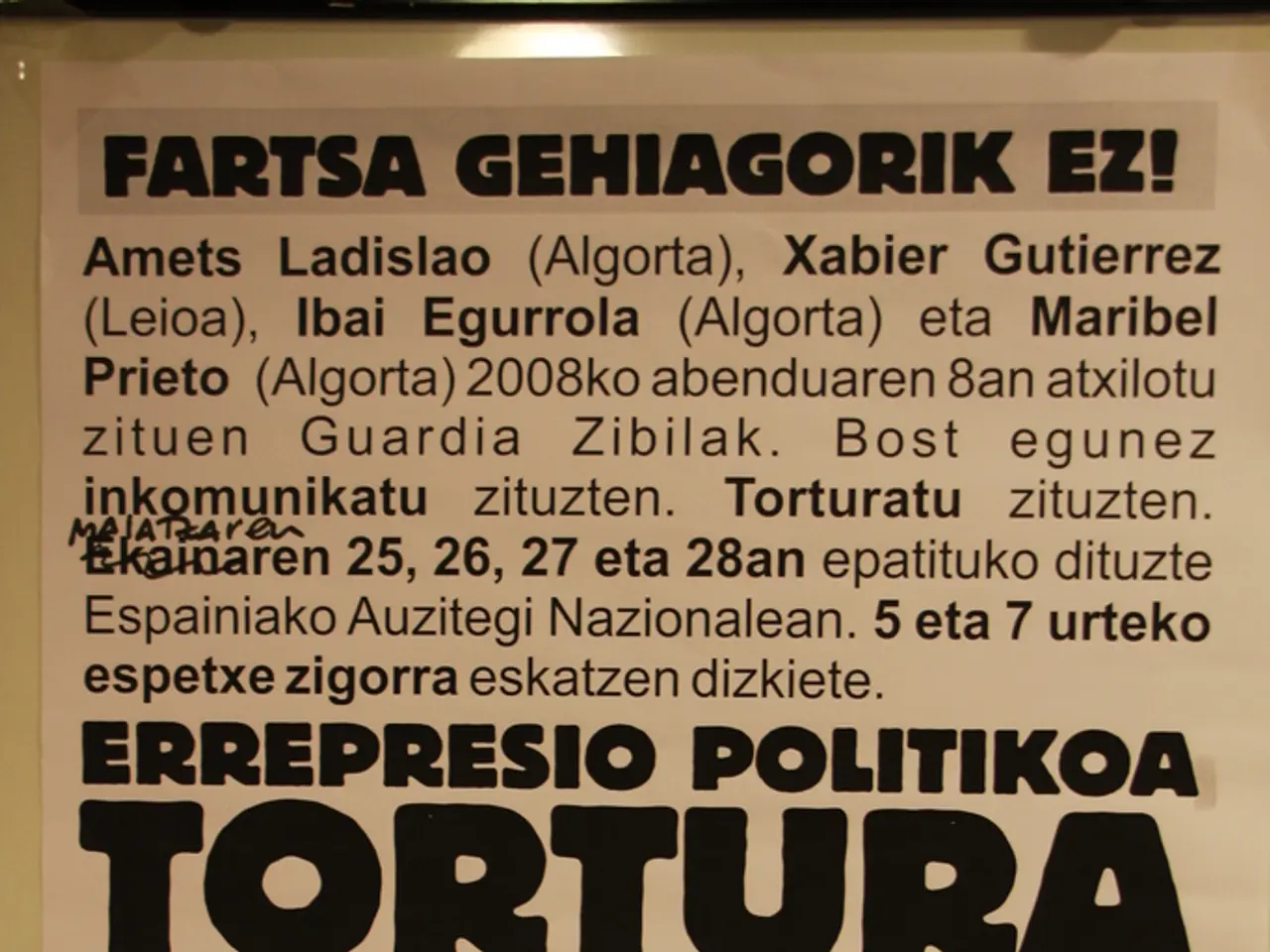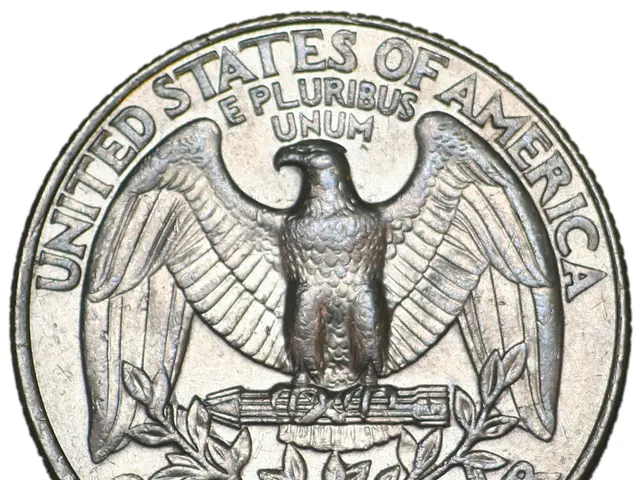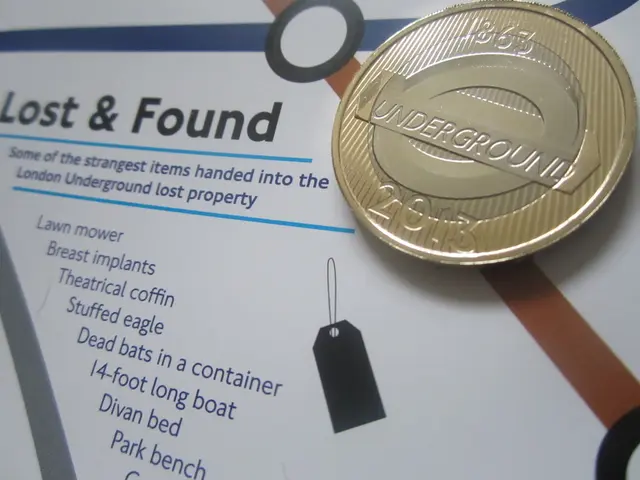Enhanced Examination of Foreign Direct Investments in France due to Escalated Global Political Conflicts
In 2024, France strengthened its scrutiny of foreign investments in strategic sectors, reflecting a shift towards higher-value, strategic investments in industries such as artificial intelligence, life sciences, advanced logistics, and energy transition.
Key aspects and trends of the French FDI regime in 2024 and preparations for 2025 include:
- Broadened definition of foreign investments subject to screening: The 2025 guidelines introduce a new category covering control over establishments registered with the French Trade and Companies Register (RCS), closing a previous gap where some business branches escaped control.
- Increased screening and enforcement: The French Ministry of Economy’s 2024 annual report confirms persistent geopolitical tensions have led to heightened scrutiny of inbound investments. Screening sees more thorough evaluation of foreign capital sources and activities to safeguard national interests.
- Statistics: In 2024, France recorded 1,025 foreign investment projects, slightly down from 1,194 in 2023, but still accounting for 19% of all FDI in Europe, the highest share since before the pandemic. These projects generated nearly 38,000 jobs through investment decisions, highlighting both economic and strategic importance.
- Updated procedural guidelines: The 2025 IEF Guidelines provide clearer operational frameworks for foreign investors, emphasizing authorization and pre-screening procedures, sensitive activities subject to control, exemptions, and sanctions regimes.
- Public transparency and enforcement powers: New French laws from 2024 require greater transparency around foreign interference and influence activities, with reporting obligations, auditing powers, and financial penalties to deter undisclosed foreign influence in strategic sectors starting January 2026.
The French FDI screening framework in 2024 represents a strategic layer of defense aimed at balancing France’s openness to foreign capital with protecting critical industries from potential foreign interference, reflecting evolving geopolitical realities and economic priorities.
Notably, establishing a security committee within the target entity to oversee the implementation of conditions and to submit strategic decisions for prior approval by a state representative was also a condition imposed in 2024. Furthermore, 26% of authorized transactions related to investments in highly sensitive areas such as defense, cryptology, dual-use goods, and R&D on critical technologies.
In addition, 65% of FDI applications were submitted by non-EU investors, primarily from the United States, the United Kingdom, and Switzerland. Most reviewed transactions in 2024 involved investments in essential infrastructure, goods, and services in the civil sector, representing 37% of cases.
The number of transactions flagged for review due to R&D activities has steadily increased, rising from 27 in 2021 to 44 in 2024. R&D activities involving critical technologies and dual-use goods comprised 14% of reviewed cases. European investors accounted for the remaining 35% of applications, with the majority originating from Germany, Luxembourg, and the Netherlands.
Banks, sovereign wealth funds, and private equity firms represented the largest category of filers, accounting for 44% of applications in 2024. Individual investors made up 28% of applications, an increase from 24% in 2023, while industrial investors decreased from 33% to 27%.
The number of FDI applications submitted to the French Ministry of the Economy (MoE) increased significantly in 2024 compared to 2023. The proportion of transactions cleared with conditions also increased, with 54 percent of transactions in 2024 having conditions imposed compared to 44 percent in 2023. Conditions imposed in 2024 included ensuring that a portfolio of patents related to sensitive medical research remained owned and operated by the French entity.
Eight requests for revisions of conditions were submitted in 2024, of which seven were approved. However, vetoes remain rare, with only six transactions vetoed over the past three years.
France's intensified scrutiny of foreign investments in strategic sectors has positioned it as a leading European destination for foreign direct investment by project volume, while maintaining a focus on strategic investments that align with its economic and geopolitical priorities.
- In 2024, the French government established a security committee within the target entity to oversee the implementation of conditions and submit strategic decisions for prior approval, signifying a heightened focus on compliance and regulatory oversight.
- The increased scrutiny of foreign investments in strategic sectors has led to the implementation of a clearer operational framework for foreign investors, as outlined in the 2025 IEF Guidelines, ensuring a more transparent and accountable process.
- The French FDI regime focuses on protecting national interests by closely evaluating foreign investments, particularly in sensitive areas such as defense, cryptology, dual-use goods, and R&D on critical technologies.
- In 2024, over 65% of FDI applications were submitted by non-EU investors, with a significant number originating from the United States, United Kingdom, and Switzerland, showcasing the international reach of France's corporate industry.
- The strategic decisions made by the security committee imposed conditions on 54 percent of transactions in 2024, such as ensuring that a portfolio of patents related to sensitive medical research remained owned and operated by the French entity.
- French law now requires greater transparency around foreign interference and influence activities, with reporting obligations, auditing powers, and financial penalties to deter undiscovered foreign influence in strategic sectors.
- A significant number of transactions were flagged for review due to R&D activities in 2024, highlighting the importance of legal advising and compliance in the industry, particularly regarding dual-use goods and critical technologies.
- The French Ministry of Economy sees an increase in FDI applications each year, signifying a growing interest in the country's strategic sectors, particularly in artificial intelligence, life sciences, energy transition, logistics, and finance.
- Antitrust regulations and laws play a crucial role in ensuring the proper compliance of acquisitions, particularly in the financial sector, reflecting a global focus on enhancing corporate governance and promoting ethical business practices.






